Gay rights activist calls for end to hate
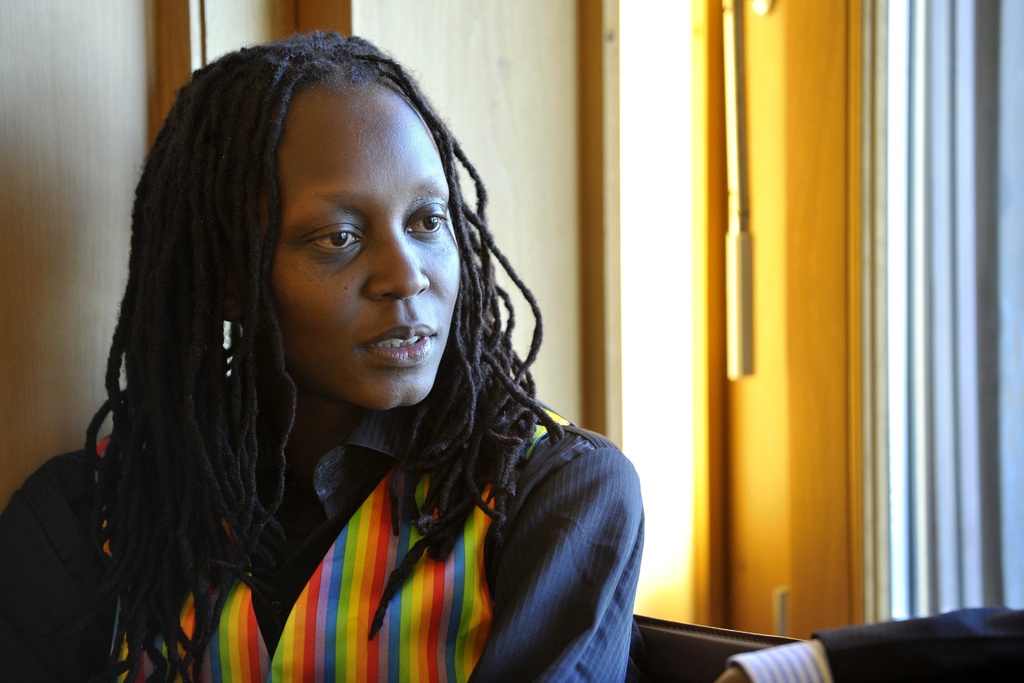
Ugandan Kasha Nabagesera has won the 2011 Martin Ennals human rights prize for defending the rights of her country’s lesbian, gay, bisexual and transgender community.
In an interview with swissinfo.ch, she talks about prejudice, fears and her motivations.
The Ugandan woman received the global human rights award in Geneva on Thursday. The prize is granted annually by the Geneva-based Martin Ennals Foundation.
Under Uganda’s legal system, homosexuality is a criminal offence that carries a maximum sentence of life in prison. A bill submitted in 2009 sought to entrench in law discrimination and hatred against lesbian, gay, bisexual and transgender people.
On January 26, 2011 Ugandan gay rights activist David Kato was murdered after he had sued a local newspaper which outed him as homosexual. In October 2010 the Ugandan tabloid Rolling Stone published a list of 100 people it said were gay, with the headline “Hang them”. Kato and Nabagesera’s names appeared on the list.
swissinfo.ch: What is life like for homosexuals in Uganda?
Kasha Nabagesera: Harassment occurs almost on a daily basis, verbal attacks in public or more sinister repression. The simple suspicion of being a homosexual has serious consequences: being evicted from your home or losing your job is quite common; many homosexuals commit suicide.
Lesbians, in particular, are victims of sexual abuse and are often raped by men who think they are “curing” them from so-called deviant behaviour or want to exert their masculine domination over a woman who they believe may be too virile.
Hate speech can also be heard both in church and among politicians. Even in schools many teachers encourage the intimidation of children suspected of being gay by threatening them with expulsion.
swissinfo.ch: How do you explain such a violent attitude?
K. N.: Firstly, Ugandan law penalises homosexuality; it carries a maximum sentence of life in prison. So in many Ugandans’ minds being gay is a crime. This is the reality across Africa; most people believe that homosexuality is a bad thing that has arrived through western influences.
In any case, Africans always thought homosexuality was something taboo. If we demand our right to existence, they see that as a threat to traditional values.
swissinfo.ch: A year ago your personal details and photo were published in a Ugandan paper along with 100 others, with the headline “Hang them”. What have been the consequences of this forced “coming out”?
K. N.: Since that list appeared I‘ve lived in constant fear, continually changing address. The police and security forces regularly stop and intimidate me, people insult me in the street and I’m singled out. The uncertainty of not knowing whether I’ll be alive tomorrow is unbearable, especially as we have no legal protection.
Three months after that list was published, my friend David Kato, who was also on the list, was murdered in front of his home. And the government did not say a thing. It has even encouraged hatred by proposing an anti-gay bill demanding nothing less than the death sentence for gays.
swissinfo.ch: Was the bill that was submitted to parliament last May linked to elections?
K. N.: No, not really, as it was drafted in 2009 and only discussed after the presidential election in February 2011 [President Yoweri Museveni, who has been in power for 25 years, was re-elected, despite suspicions of electoral fraud.]
The bill was drawn up after a series of seminars organised by American evangelists across Uganda in which these fundamentalists carried out constant disinformation associating homosexuality, paedophilia and Aids. Ugandan politicians took part in the conferences and came out convinced that the best option was to kill gay people.
swissinfo.ch: But in the face of opposition and international pressure the bill was suspended indefinitely.
K. N: Yes, but a parliamentary adjournment doesn’t mean the bill has been dropped. What we want is for it to be totally annulled as every section of the bill, not just the death sentence, constitutes a violation of human rights. For example, anyone who does not denounce a homosexual, even where doubt exists, is liable to three years in prison.
To fight this bill, we have launched a national campaign, “Hate no more”, together with other groups. The aim is to inform people and combat the social exclusion that homosexuals suffer. Many Ugandans living in the provinces support the bill without knowing what it means.
We want people to know that we exist; some people are convinced that we are paid to be gay.
swissinfo.ch: How will this human rights award help you?
K. N.: It’s a great motivation. This prize means that the rights of homosexuals are an integral part of basic human rights. It’s a strong message to all Ugandans and other Africans who believe that gays are second-class citizens.
When I’m back home people will say it’s a disgrace for my country. But I take it as a sign of encouragement for all those fighting against the abuse of minorities; respect for human dignity must be everyone’s concern.
The Martin Ennals Award for Human Rights Defenders, created in 1993, is granted annually to someone who has demonstrated an exceptional record of combating human rights violations by courageous and innovative means.
The award aims at encouraging human rights defenders who are at risk and therefore in need of immediate protection. This protective publicity requires media attention, particularly in the country of origin of the laureate.
The SFr20,000 prize money is to be used for further work in the field of human rights.
The Geneva-based Martin Ennals Foundation is a unique collaboration among ten of the world’s leading human rights NGOs, who form the JURY: Amnesty International; Human Rights Watch; International Federation of Human Rights; World Organisation Against Torture; Front Line; International Commission of Jurists; Human Rights First; International Service for Human Rights; Diakonie Germany; HURIDOCS.
Martin Ennals, who died in 1991, was the first secretary-general of Amnesty International.
(Translated from French by Simon Bradley)

In compliance with the JTI standards
More: SWI swissinfo.ch certified by the Journalism Trust Initiative
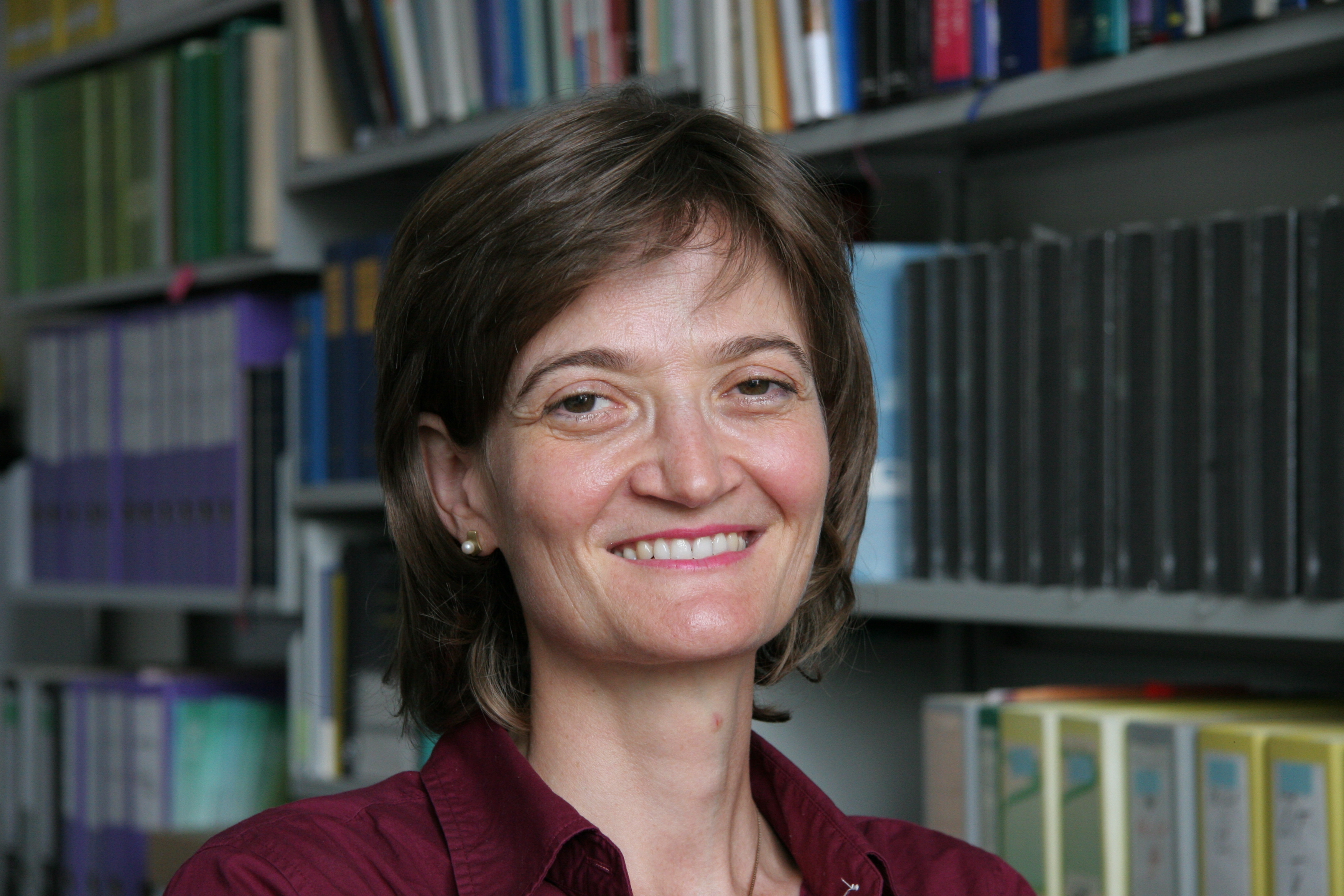
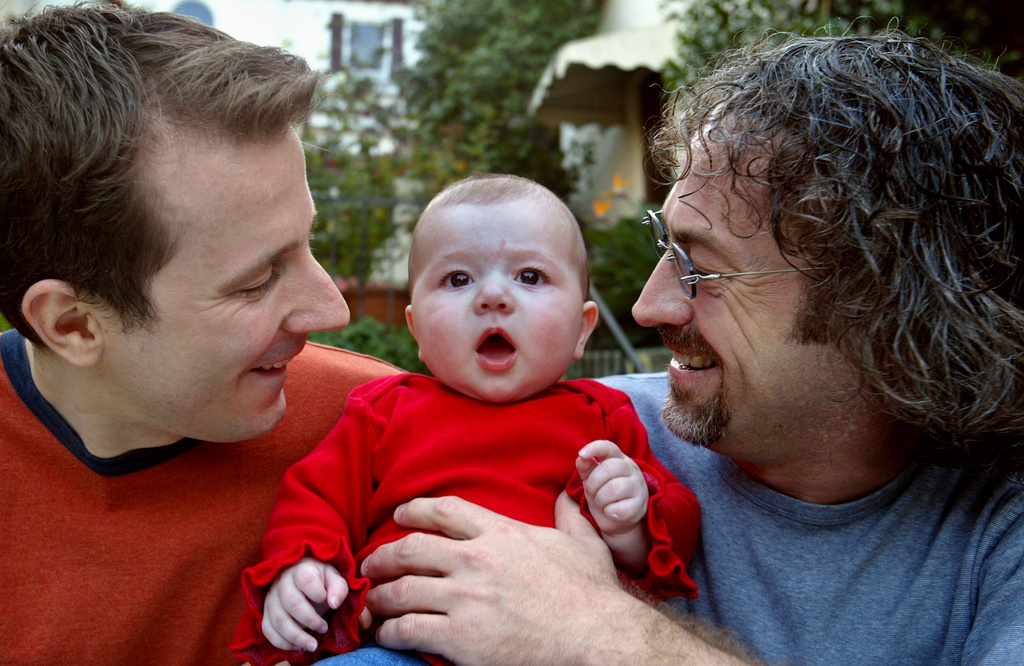
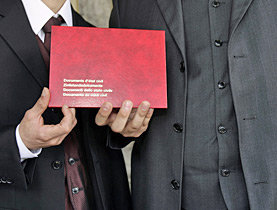
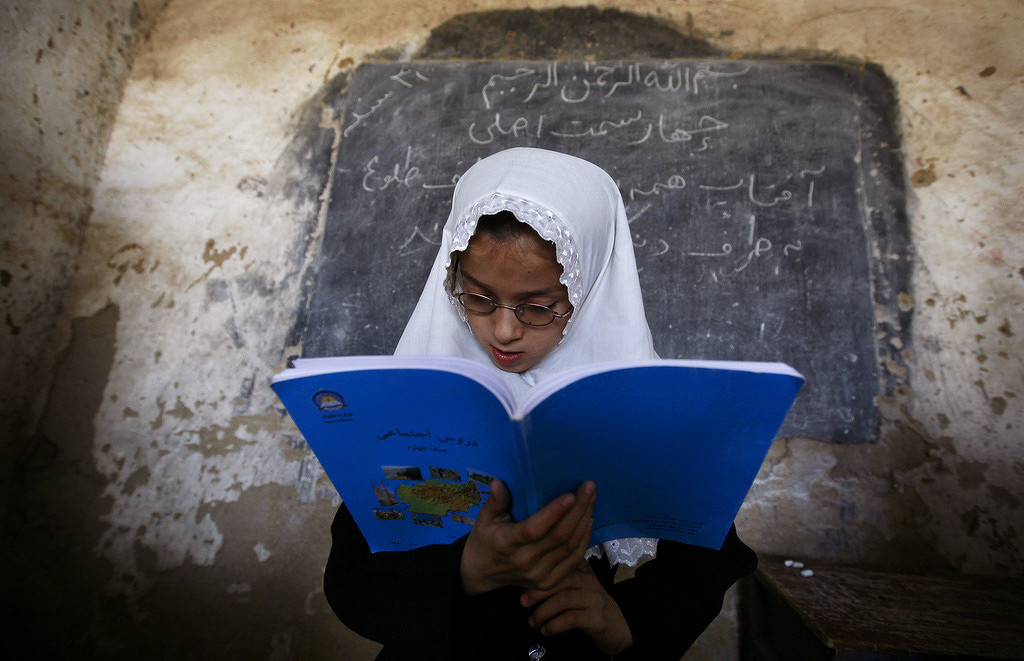
You can find an overview of ongoing debates with our journalists here. Please join us!
If you want to start a conversation about a topic raised in this article or want to report factual errors, email us at english@swissinfo.ch.